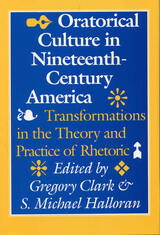In short, this is criticism about as full as one could possibly wish for: as sophisticated an integration of aesthetic and cultural criticism as I've seen, ranking with the best of Trilling...This is a great book, of interest to any serious literary reader.
-- Frank Lentricchia
It is a model in its own right of literary history, and specifically of the complex intermeshings of history and the novel, of aesthetics and culture, of racial, ethnic, and social issues in the process of literary creation. I predict that this brilliant book will become the standard authority in its field.
-- Sacvan Bercovitch
In this sharply sketched history of American fiction in the postwar years, Dickstein upends prevailing caricatures, showing that the culture of the fifties was "highly self-critical...and alive with the change at the margins," and that the new American novel epitomized the era. Writers who once would have been considered "outsiders"--Ellison, Baldwin, Bellow, Roth, and Mailer--became central, producing works that fused the novel's traditional emphasis on the social with a newfound fascination with the psychological. Kerouac and Salinger reinvigorated first-person narrative while writers like Updike and Yates explored spiritual doubt in suburbia. Dickstein's criticism is pointed without being harsh, and he is alive to the pleasures that even flawed works can provide. Most impressively, he uses history to illuminate fiction, and vice versa, but never forgets to keep the two realms separate.
-- New Yorker
Leopards in the Temple is the only lucid and enjoyably written study of postwar American fiction to have come along in years...Dickstein wants to revise the conventional view of the 1950s as a time of social conformity and political consensus, in which both types of complacency were nourished by tremendous economic growth and a sense of almost majestic power following the victories over Germany and Japan.
-- Lee Siegel Los Angeles Times
Leopards in the Temple is a remarkably lucid, elegant and exhilarating work of literary and cultural history that should decisively change the way students of 20th-century American fiction think about their field.
-- Marshall Boswell Washington Post
Like Kafka's leopards, Dickstein asserts, these Jewish writers and other "outsider" writers--mostly black, Southern, or gay--would gradually be "integrated into the once-decorous rites of American literature" and ultimately "would become American literature"...Dickstein uses social history to document the broad palette of sensibility that groups, which until then had been largely marginalized, brought to the postwar artistic scene...He presents a highly perceptive and discerning overview of the literary figures and groups who defined an era.
-- Diane Cole New York Jewish Week
Dickstein is a convincing advocate of the books he values...He also backs his judgments and interpretations with striking parallels and contrasts, not just between individual novels and novelists but between novels and films, paintings, jazz, literary criticism, and a range of literature from previous periods...I can think of few contemporary literary histories as lively or broadly persuasive, or as free of boilerplate and jargon.
-- Zachary Leader Times Literary Supplement
An extensive survey of post-war American fiction is mapped out in MorrisDickstein's Leopards in the Temple...[It] persuasively examines how the writing of the 1960s emerged from the cultural phenomena of the preceding decades, including road novels, avant garde painting, bebop, film, and psychoanalysis. As mentioned, the range of this survey is impressive, and the multiple references to different novels are encyclopedic.
-- Year's Work in English Studies

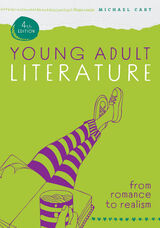

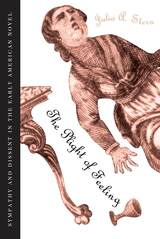
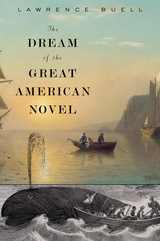
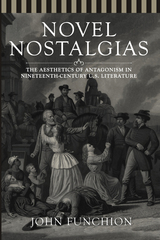
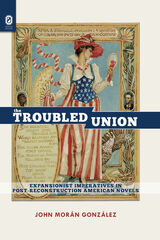
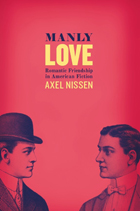

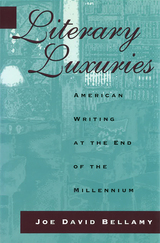
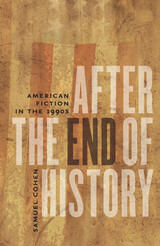
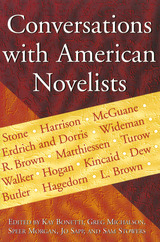
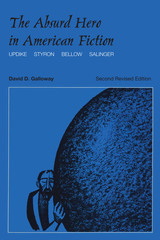

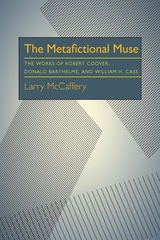
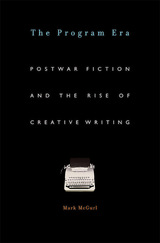
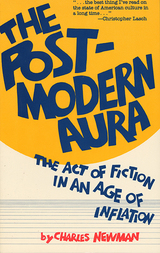
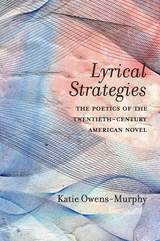
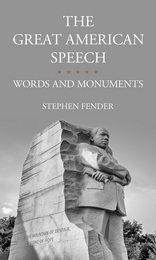
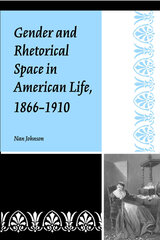
![Appropriate[Ing] Dress: Women's Rhetorical Style in Nineteenth-Century America](https://www.bibliovault.org/thumbs/978-0-8093-8518-8-thumb.jpg)
